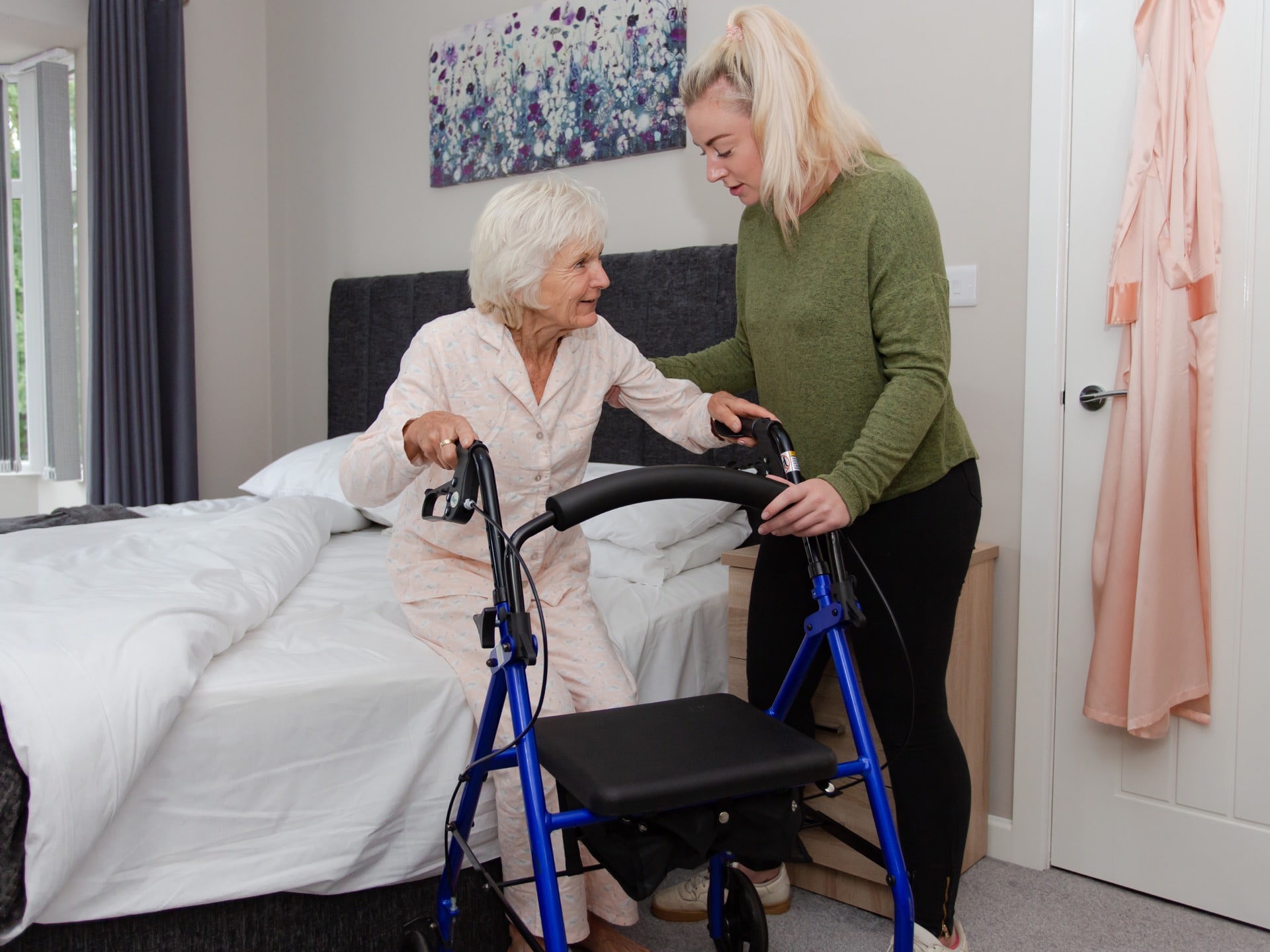Care funding – who qualifies?
Who qualifies for care funding?
We know that it can be hard to understand what care funding you might be entitled to.
Firstly, in order to distinguish what specific type of funding – healthcare funding or social care funding – you may be entitled to, it is important to make the distinction between the two types of care.
Definitions of social care and healthcare are somewhat ambiguous, and it is therefore important to explore all options and seek advice from medical or legal professionals to make this distinction where uncertainty prevails.
However, the below definitions provided by the National Framework for NHS Continuing Healthcare and NHS-funded Nursing Care should help to get you started:

Healthcare needs
“Whilst there is not a legal definition of a healthcare need (in the context of NHS continuing healthcare), in general terms it can be said that such a need is one related to the treatment, control or prevention of a disease, illness, injury or disability, and the care or aftercare of a person with these needs (whether or not the tasks involved have to be carried out by a health professional).”
Social care needs
“In general terms, it can be said that a social care need is one that is focused on providing assistance with activities of daily living, maintaining independence, social interaction, enabling the individual to play a fuller part in society, protecting them in vulnerable situations, helping them to manage complex relationships and accessing a care home or other supported accommodation.”
Find out more about Health and Social Care Integration:
What contribution will you need to pay towards care?

If you live in England, the threshold after which you have to pay for your care in full is £23,250.
If your assets exceed £23,250, which includes most savings and investments but doesn’t include the value of your property, your local authority will consider you able pay for care yourself.
In calculating your financial situation on any assets jointly held, only the proportion you are deemed to own is taken into account. For example, a couple who have £30,000 in savings in a joint bank account would be seen as having £15,000 in assets per person.
You can ask your local council for a Financial Assessment to see if you qualify for help towards your care costs.
This assessment will look at your financial means and calculate whether:
The council pays for all of your care
The council pays for some of your care
You pay for all of your care
What happens in a Financial Assessment?
The local authority will review your ability to pay for your care based on your income and assets. Once you have provided the information relating to your finances, they will inform you whether you are entitled to have all, some or none of your care paid for. The council will help to pay for your care if you have assets less than £23,250. If you are entitled to receive support, this will be provided via a direct payment as part of your personal budget. The council will also reassess your financial situation on an annual basis.
A Financial Assessment Officer will look at details such as.
Income
Savings
Stocks and shares
Benefits
Property
Pensions

All your costs & funding questions, answered

We’re here if you have any questions about the costs and funding of home care.
By choosing Helping Hands, you’re partnering with an experienced, family-focused care provider who will be able to advise you on all the care options available and the full cost of your care.
Being a private care provider means we employ all of our carers directly, so we’re able to offer a fully managed home care service where we’ll handle every aspect of your care and allow you to spend more time doing the things you enjoy with family and friends.
How to arrange home care
We aim to make it easy to arrange the support you want so that we can focus on what really matters: your care needs. Speak to our team today to begin your journey.
Speak to our team
Call our team of experts to talk through your options and any questions you may have
Free home care assessment
Your local Helping Hands manager will visit you to discuss your care requirements
Find your carer
We’ll help to match you with a carer who meets your preferences and has the right skills
Fully regulated by the CQC / CIW
Here at Helping Hands, our home care services are fully managed and regulated by the Care Quality Commission (CQC).
From your very first phone call to our friendly team, every aspect of your home care service is independently monitored and regulated by the CQC and Care Inspectorate Wales (CIW).
What does regulation mean?
Being regulated by these two bodies means our care must meet certain criteria and standards
Why do we choose to be regulated?
We offer a regulated care service so that every customer can have full peace of mind
How does regulation affect my care?
Regulation means that care from Helping Hands will be reliable, consistent and industry-approved